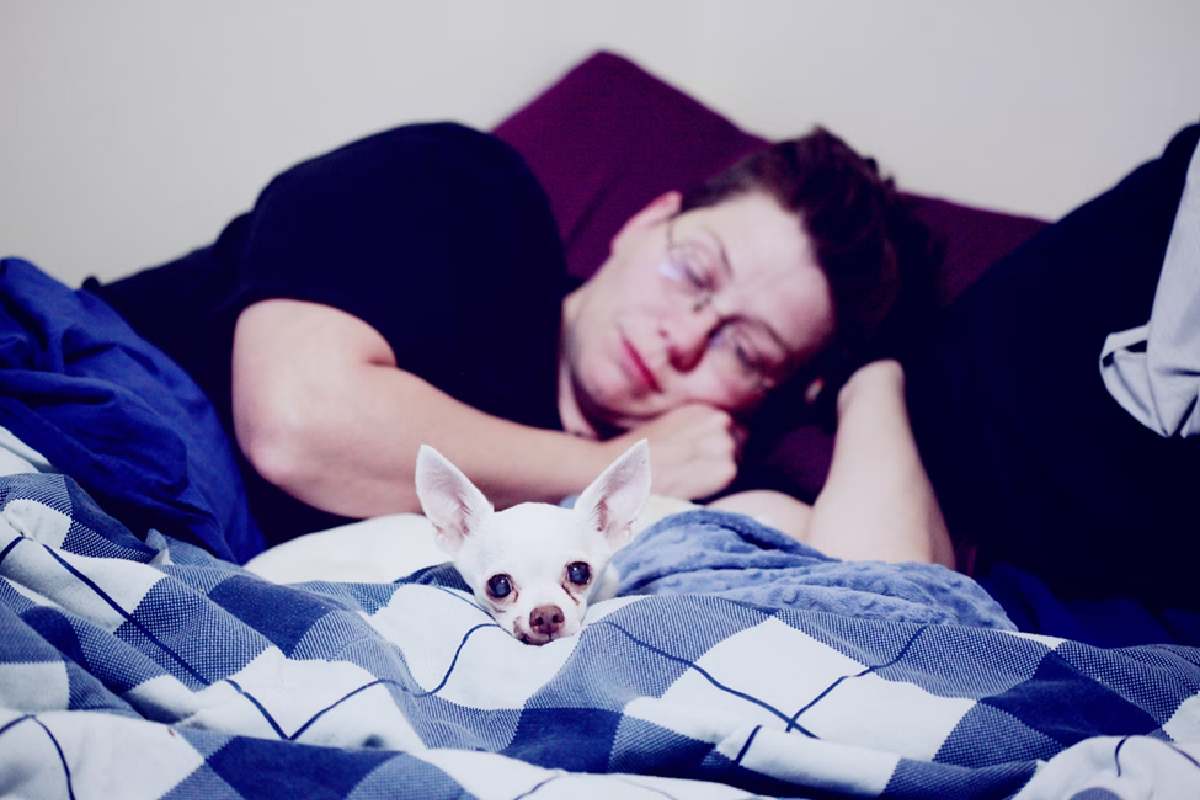There’s something about coming home to a wagging tail after a brutal day that just hits different. Maybe it’s the way dogs literally vibrate with excitement when you walk through the door, or how cats somehow know exactly when to curl up on your chest during a crying session.
The numbers back up what pet owners already know – nearly three-quarters of people say their animals helped their mental health. And honestly, that seems low considering how many of us talk to our pets more than actual humans some days.
The Science Behind Human-Animal Bonds
Here’s the wild part: petting a dog actually changes your brain chemistry. Within minutes, oxytocin starts flooding your system – yeah, the same stuff that makes people fall in love. No wonder we’re obsessed with our pets.
Your brain basically throws a party every time you interact with animals. Dopamine shows up, serotonin joins in, and suddenly that crushing anxiety doesn’t feel quite so heavy. It’s basically nature’s antidepressant, minus the side effects and pharmacy trips.
The body keeps score too. Blood pressure drops, that stress hormone cortisol chills out, and your heart finds a steadier rhythm. One study had stressed-out college students pet animals for just 10 minutes during finals – their cortisol tanked immediately.
Another research team discovered something fascinating: people with pets often needed less depression medication than those going it alone. Not saying throw out your meds, but it’s pretty compelling evidence that furry therapists might be onto something.
Turns out we’ve been co-evolving with these creatures for thousands of years. Our brains are literally wired to feel better around them – which explains why cat videos took over the internet.
Pets as Emotional Support Systems
Animals don’t care that you haven’t showered in three days or that you totally bombed that presentation. They’re just happy you exist, which is refreshing when everyone else seems to have opinions about your life choices.
Dogs are particularly sneaky about forcing healthy habits. They need walks whether you’re having an existential crisis or not. Cats will scream for breakfast at 6 AM regardless of your depression. Sometimes that annoying persistence is exactly what pulls you out of bed.
Pets are secret social life hackers too. Walking a dog means neighbors actually talk to you. Buying pet food creates forced grocery store trips. Even scrolling through pet photos on social media connects you to other humans who get why you have 500 pictures of your cat sleeping.
Speaking of keeping pets healthy, treatments like PEMF therapy for pets are becoming popular because nobody wants their emotional support buddy dealing with pain. A comfortable pet is way better at their unofficial therapy job than one dealing with arthritis or injuries.
Integration with Professional Mental Health Care
The line between emotional support animals and actual therapy animals gets blurry, but here’s the deal: emotional support animals are basically your regular pet with paperwork, while therapy animals went through serious training. Both have their place in mental health treatment, though they work differently.
More therapists are catching on that traditional talk therapy isn’t the only game in town. Some practitioners now suggest getting a pet as part of treatment plans, right alongside meditation apps and exercise routines. Others bring their own trained therapy dogs into sessions – imagine unpacking trauma while a golden retriever rests their head on your knee.
Working with a psychiatrist in Canberra or wherever you’re based doesn’t mean choosing between professional help and pet support. The smart approach combines both – medication and therapy handle the heavy lifting while pets provide daily maintenance between appointments.
One woman’s anxiety was so bad she couldn’t leave her apartment. Her therapist suggested a rescue dog, and within months she was doing daily walks and chatting with other dog owners at the park. The dog didn’t cure her anxiety, but it gave her a reason to practice exposure therapy every single day.
Practical Benefits in Daily Life
Depression lies to you about everything being pointless, but try explaining that to a hungry cat at dinner time. Pets don’t buy into depression’s narrative – they need food, water, and attention regardless of your existential dread.
Sleep gets weird during mental health struggles, but pets are routine machines. Dogs have internal alarm clocks that don’t care about your insomnia. Cats will knock things off your nightstand until you acknowledge morning exists. Sometimes that forced schedule is the only thing keeping your circadian rhythm from completely imploding.
The exercise thing happens whether you plan it or not. Dogs need walks, cats need play sessions, and rabbits need supervised hop time. Before you know it, you’re getting vitamin D and movement without the gym membership guilt.
Taking care of another living thing does something to your brain. Suddenly you’re needed, responsible, capable of keeping something alive and happy. That builds back self-worth in ways that positive affirmations on bathroom mirrors never quite manage.
Conclusion
The relationship between pets and mental health isn’t just feel-good fluff – there’s real science backing up what pet owners instinctively know. Animals provide consistent emotional support, force healthy routines, and complement professional mental health treatment in ways we’re only beginning to understand.
Maybe the future of mental health care includes more formal recognition of what our pets already do naturally. Until then, we’ll keep benefiting from these furry, feathered, and scaled therapists who never judge, always listen, and somehow know exactly when we need them most.



